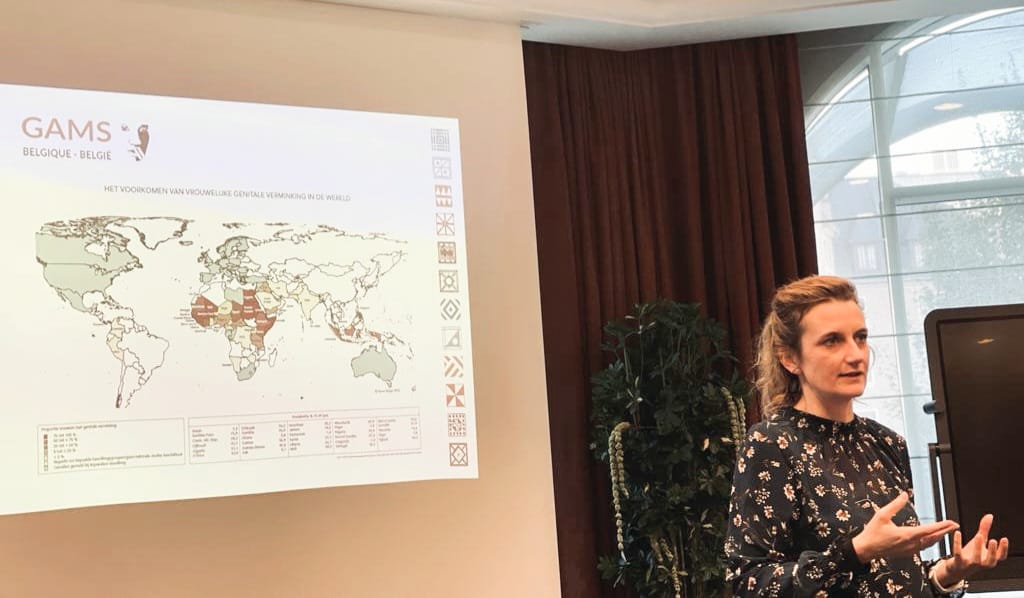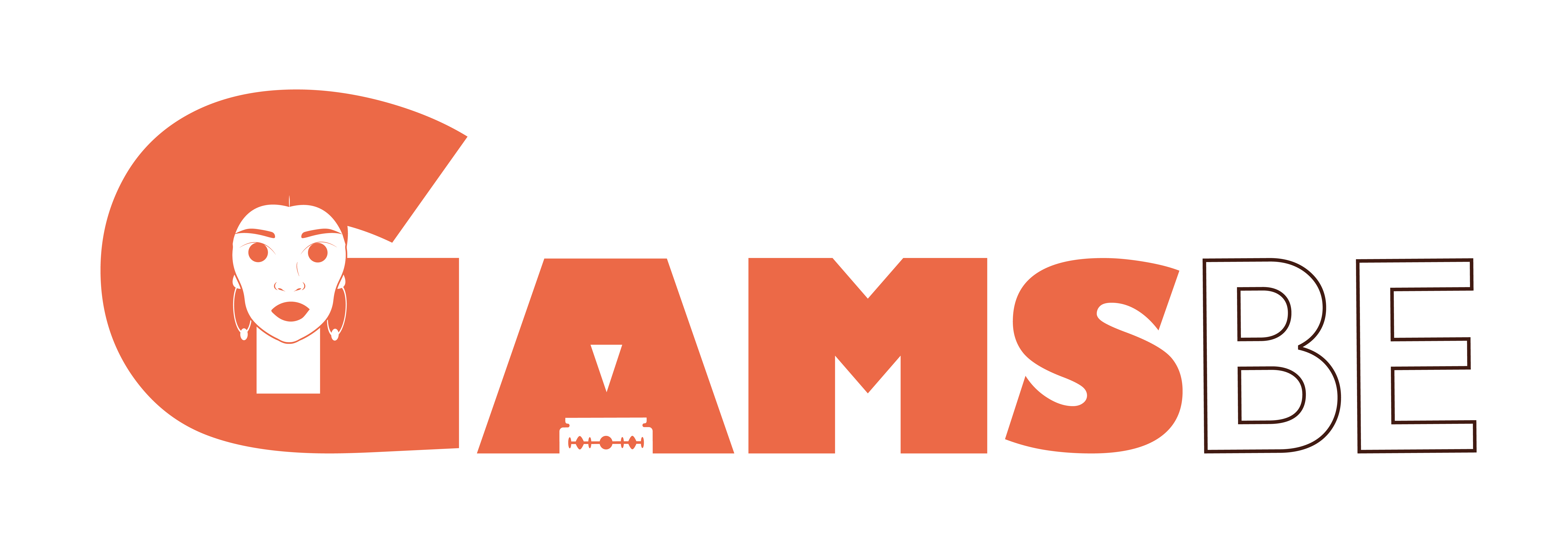Training for professionals
Working with cultural diversity for frontline workers at care centres after sexual violence in Belgium
GAMS Belgium was invited by IEFH (Institute for the Equality of Women and Men) on two training days on the 13th and the 18th of October for hospital staff at Care Centres after Sexual Violence across the country. As a national coordinator, the Institute is responsible for the launch and expansion of Care Centres after Sexual Violence in Belgium. It is in this capacity they organise training courses with all kinds of experts, to provide staff with a very necessary basis to perform their function, such as intercultural work with interpreters etc. Fabienne Richard and Jessica Tatout, both from GAMS Belgium, each devoted an hour in French and in Dutch to an introduction with explanations and practical exercises to recognise Female Genital Mutilation (FGM) and provide care in accordance with the needs of women affected by FGM.

What is FGM?
The World Health Organisation (WHO) defines female genital mutilation (FGM) as “interventions resulting in partial or total removal of a woman’s external genitalia and/or other injury to the female genitalia for non-medical reasons”. Female genital mutilation is gender-based violence and a human rights violation. These practices can cause numerous physical and psychological complications for life.
Where does FGM occur?
Jessica showed the different types of FGM and the prevalence rates worldwide in a few slides. In Belgium, according to the latest prevalence study, the figures are alarming as well. (You can read more about this on our website in the latest prevalence study).
The fight to abolish this practice began among midwives within the practising communities ; they see a lot going wrong during deliveries. There are also many risks and complications as a result of FGM.
Detectometer
As a reminder, since 2001 there is a specific law criminalising FGM in Belgium. GAMS Belgium developed a detectometer to help analyse the risk level of alerts received. These detectometers were available on site.
Guidance
World maps were also on the table for attendees to take with them as a reference. These show whether FGM is practised in the country of origin of the women who come to the care centres. This way care takers can provide appropriate counselling or refer them to GAMS Belgium where social, psychological and legal counselling is available. There are also two medical centres in Belgium offering restorative surgery, with a multidisciplinary approach: CeMAVIE in Brussels and the ‘Vrouwenkliniek’ in Ghent.
Although the audience in this room sees women in acute situations, usually within 72 hours of some form of sexual violence, it is also an opportunity to talk about FGM. From a human rights perspective, it really does matter!
Training courses
You could hear a pin drop throughout the presentation. Time was also spent on some practical exercises: how to raise the issue with the women affected by FGM for example. Plenty of food for thought and concrete material to get started….
We also drew attendees’ attention to the fact that GAMS Belgium is campaigning on February 6th, the International Day of the Fight against FGM. This will be spread via the press, GAMS Belgium’s website and social media.
GAMS Belgium regularly provides tailor-made training courses.
Interested?
Contact us.
Partners :
Care Centres after Sexual Violence & The Institute for the Equality of Women and Men
